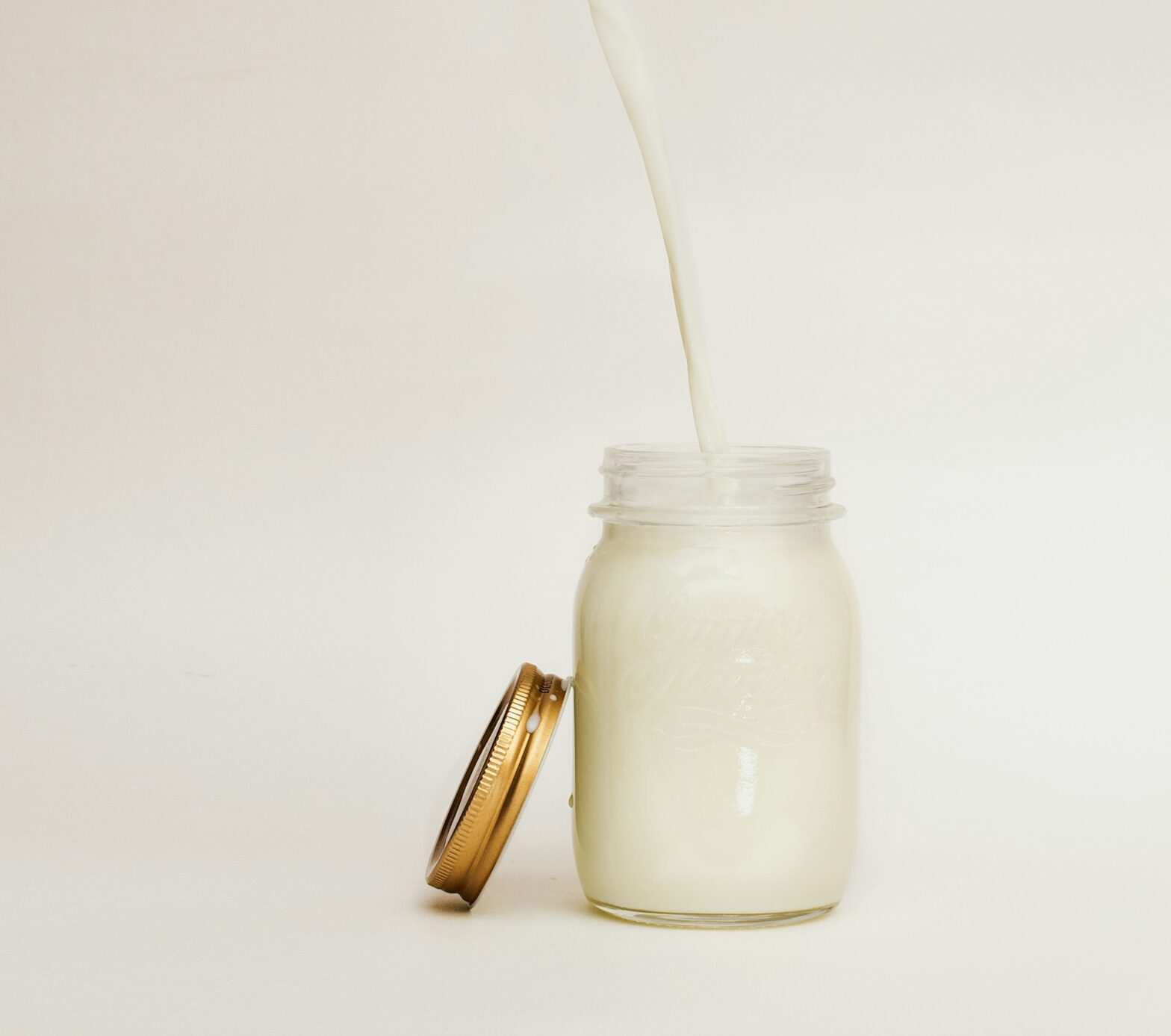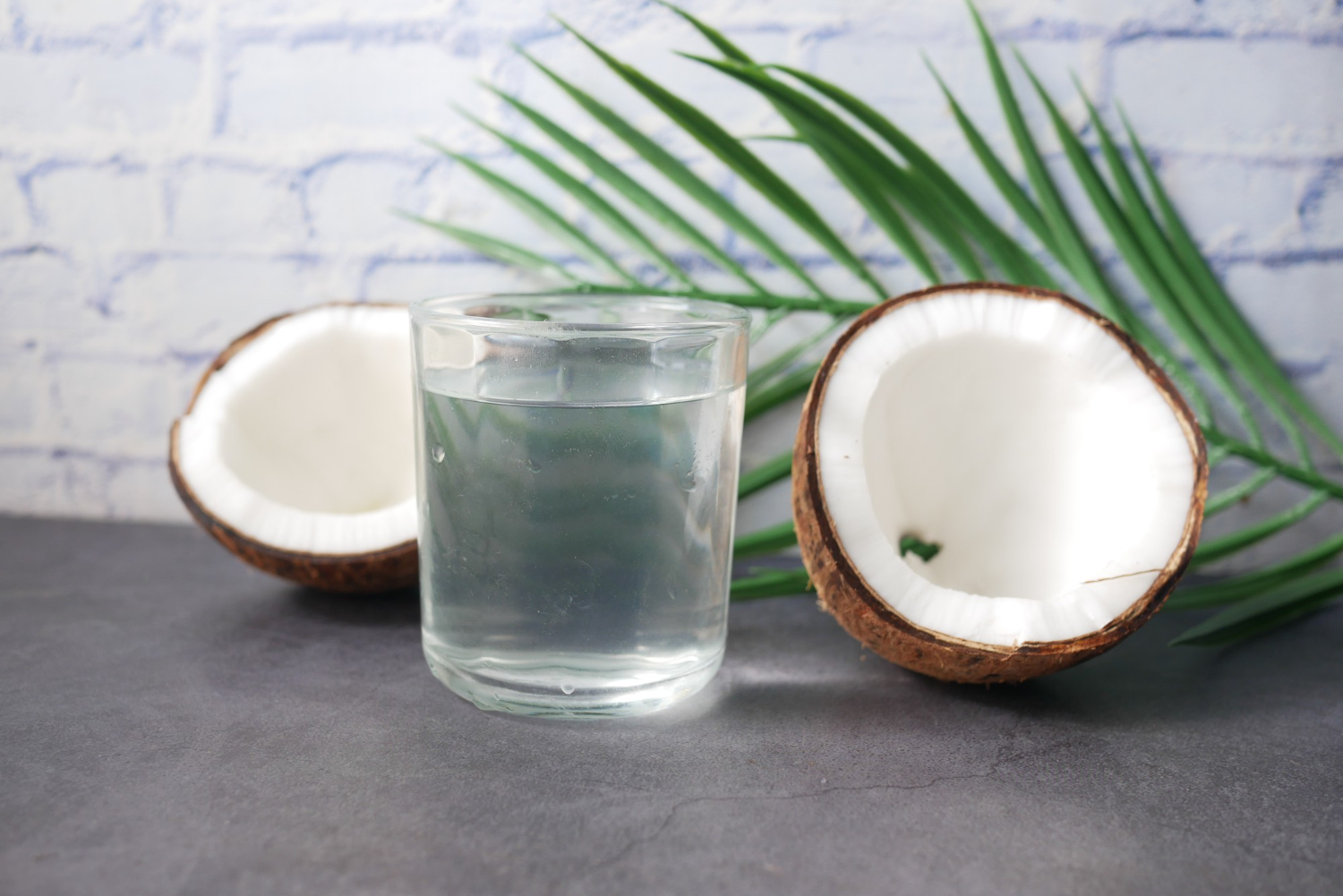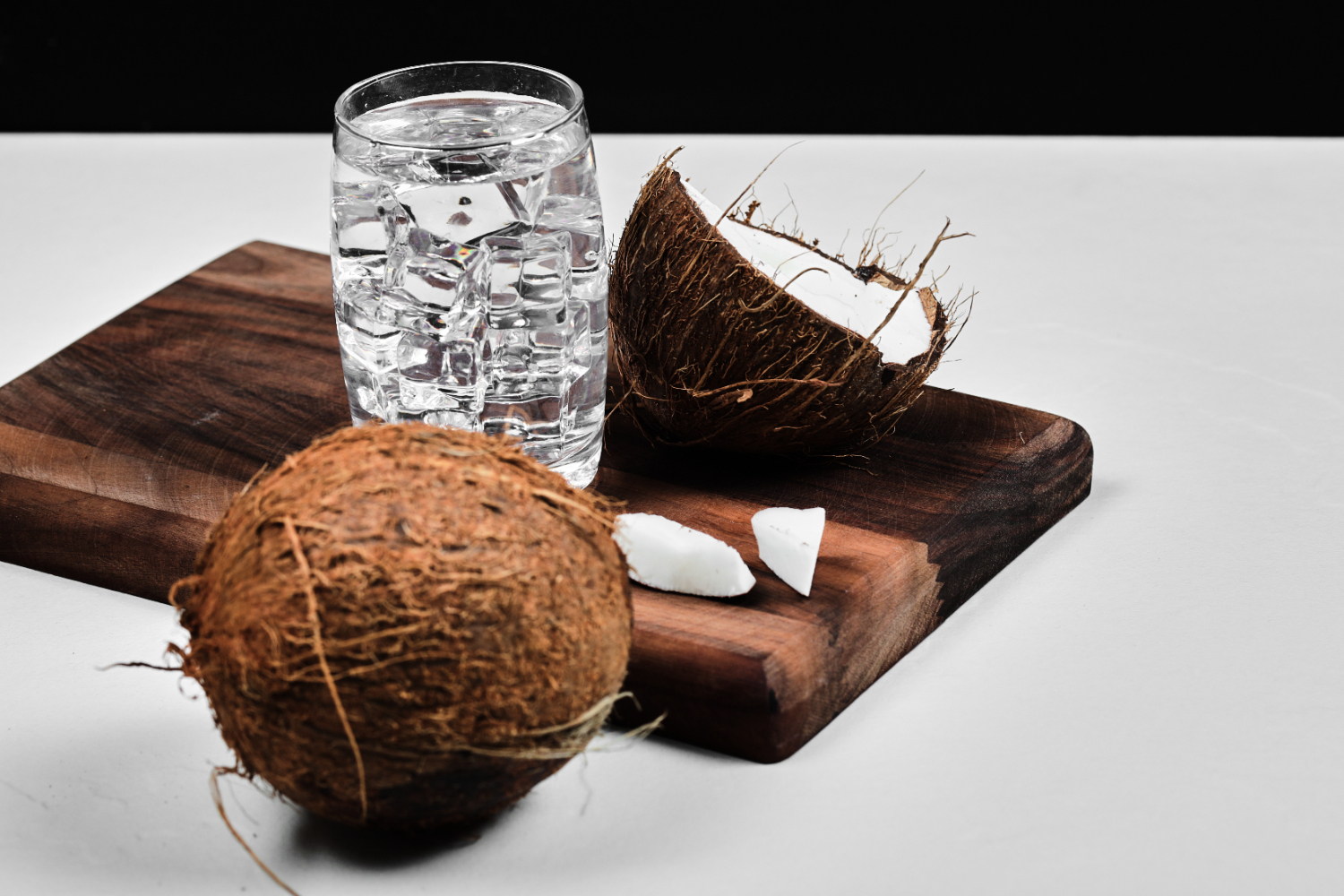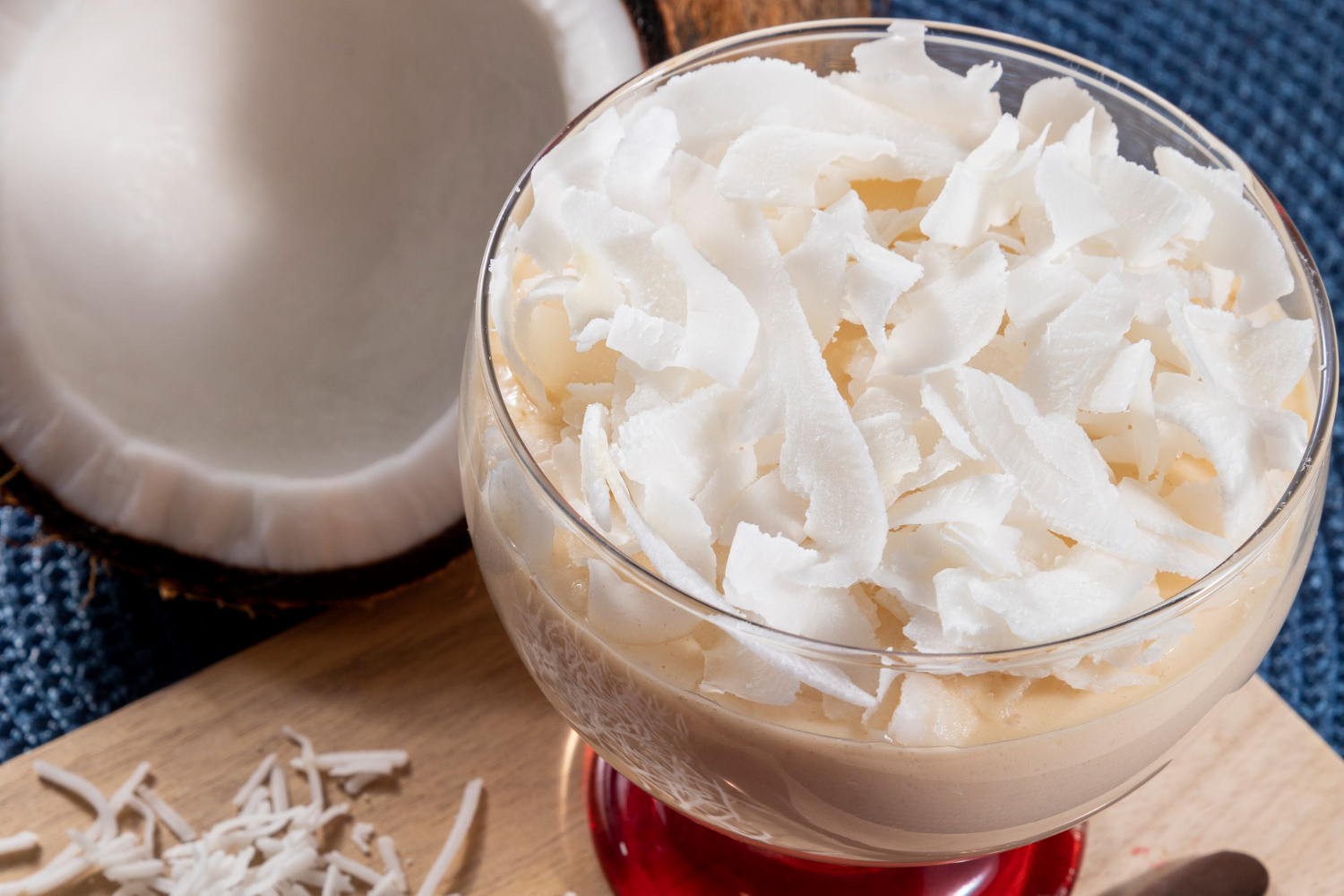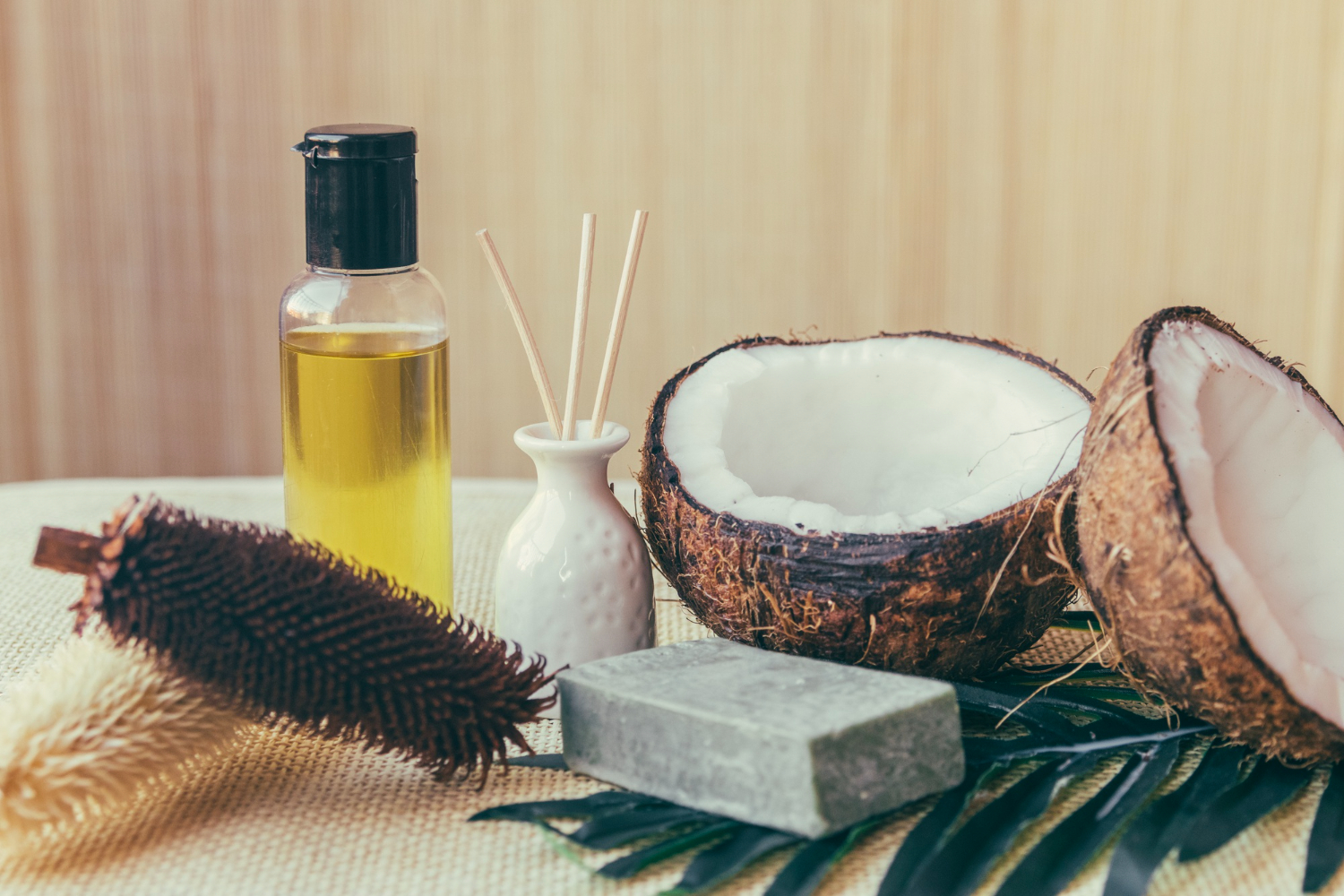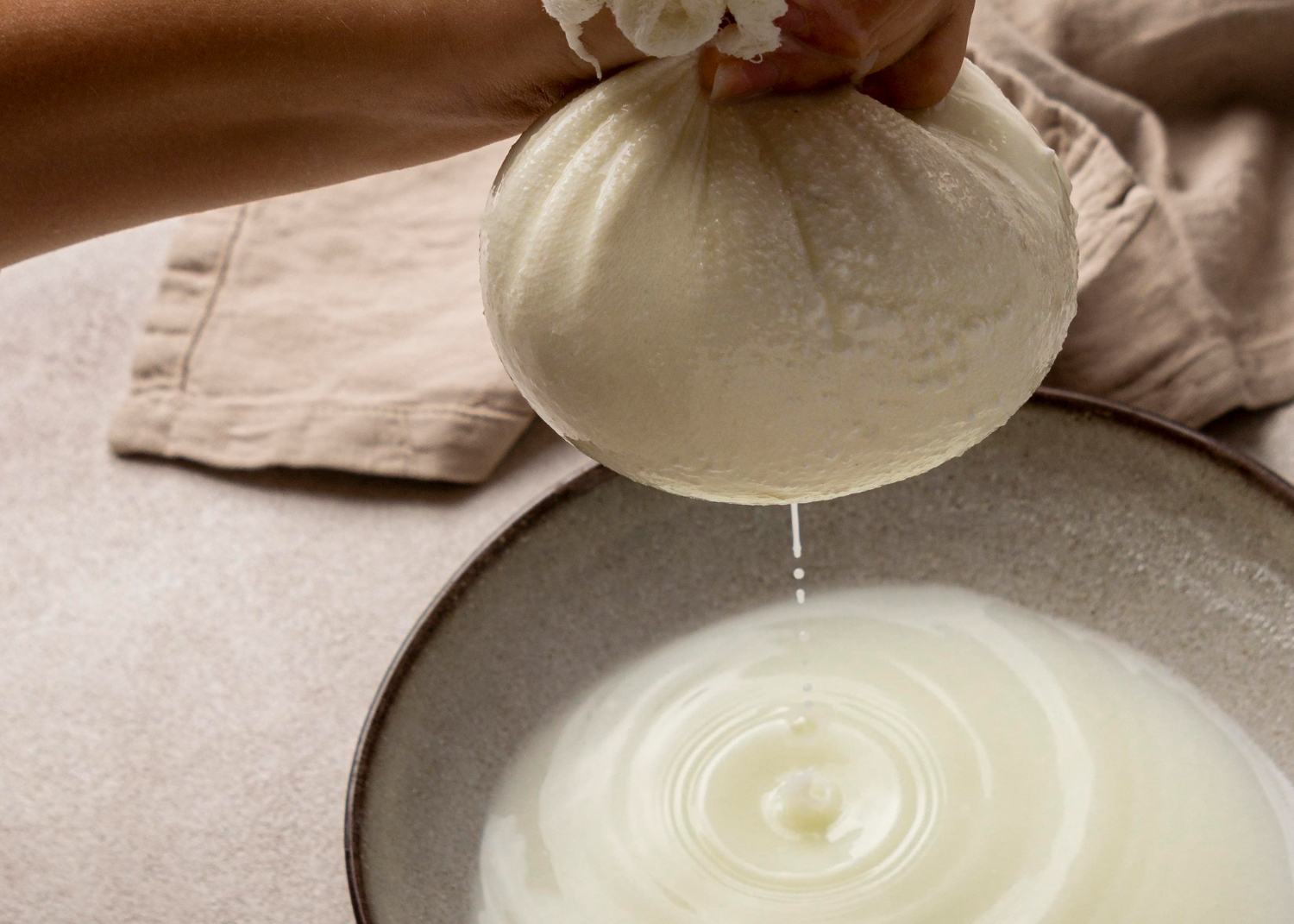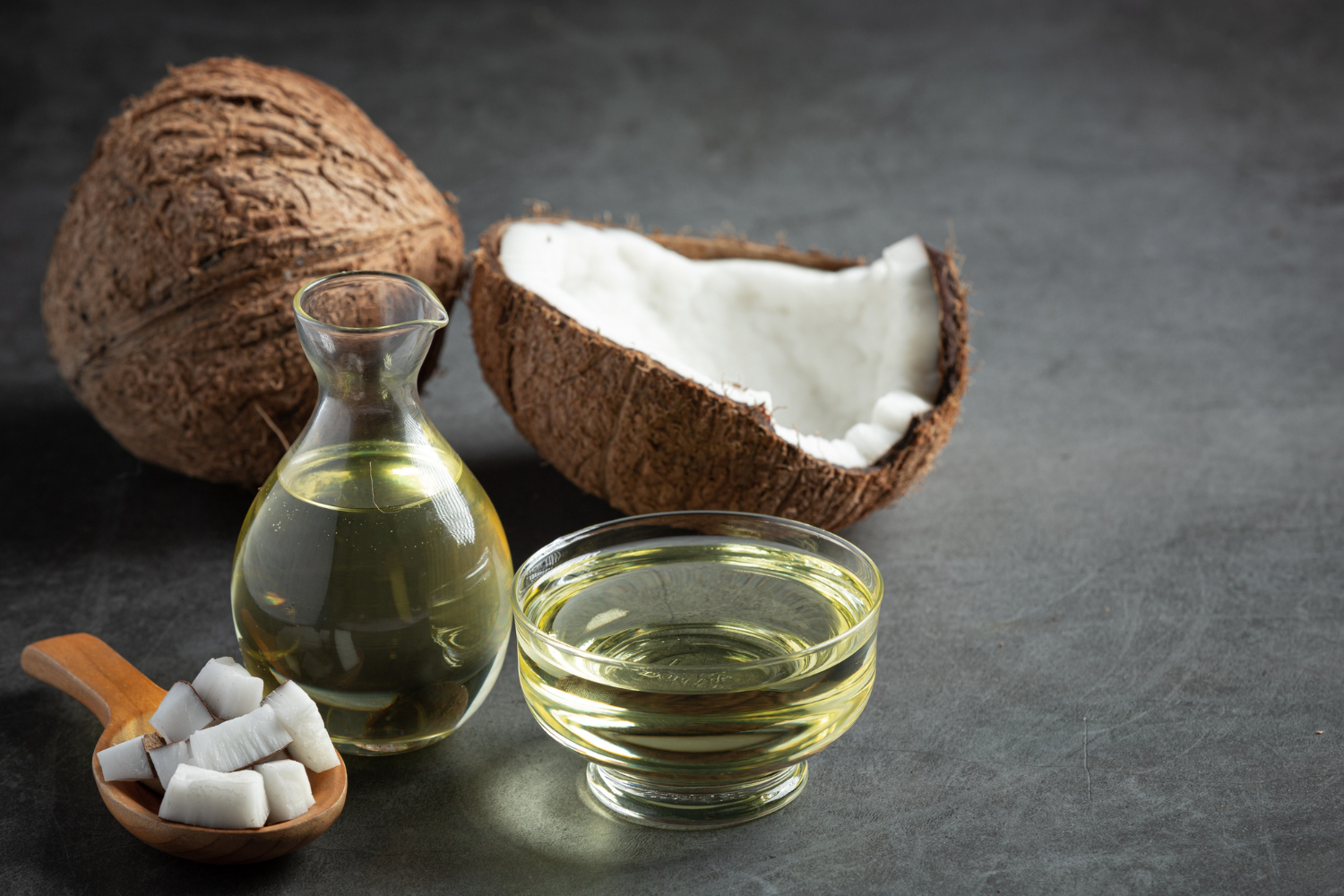Coconut milk is a delicious and versatile ingredient used in many recipes. Its rich flavour and creamy texture make it a favourite in both sweet and savoury dishes. However, like many natural products, coconut milk can spoil if not stored properly. Knowing how to keep it fresh can save you from wasting this precious ingredient.
Understanding the factors that cause coconut milk to spoil is the first step to preventing it. These include exposure to air, temperature changes, and contamination from other foods. Paying attention to these elements can help you keep your coconut milk fresh for longer.
Proper storage techniques are essential. Whether you use fresh coconut milk or buy it canned, there are specific ways to store it to ensure it remains in the best condition. Simple practices like refrigerating immediately after opening and using clean utensils can go a long way in preserving its quality.
We will explore the reasons coconut milk spoils and the best ways to store it. We’ll also discuss tips for extending its shelf life through freezing and refrigeration. Finally, we will highlight common mistakes to avoid to ensure your coconut milk stays fresh and safe to use. Understanding these key storage tips can help you enjoy the full benefits of coconut milk without the worry of it spoiling too soon.
Understanding How Coconut Milk Spoils
Coconut milk can spoil due to several factors. Understanding these can help you prevent spoilage and extend the freshness of this delightful ingredient.
Exposure to Air:
– When coconut milk is exposed to air, it starts to oxidise.
– Oxidation causes the milk to develop off-flavours and changes in texture.
– Always keep coconut milk in airtight containers to minimise exposure to air.
Temperature Fluctuations:
– Coconut milk is sensitive to temperature changes.
– Storing it at room temperature for extended periods can speed up spoilage.
– Keep coconut milk cool by refrigerating it immediately after opening.
Contamination:
– Using dirty utensils to scoop out coconut milk can introduce bacteria.
– Bacteria can thrive in coconut milk, leading to quick spoilage.
– Always use clean utensils and never put used spoons back into the container.
By knowing these factors, you can take steps to preserve the quality of your coconut milk and keep it fresh for longer.
Proper Storage Techniques for Fresh Coconut Milk
Storing fresh coconut milk correctly is crucial to maintaining its taste and texture. Follow these storage techniques to ensure your coconut milk stays fresh.
Refrigeration:
– Immediately refrigerate coconut milk after opening.
– Pour the milk into an airtight container if it originally came in a can. This helps prevent odour absorption from other foods in the fridge.
– Fresh coconut milk can last up to a week when refrigerated properly.
Freezing for Longer Storage:
– For extended storage, freezing is an excellent option.
– Pour the coconut milk into ice cube trays for easier portioning. Once frozen, transfer the cubes to a freezer-safe bag.
– Properly frozen coconut milk can last up to three months.
Using Clean Utensils:
– Always use clean spoons or ladles to scoop out coconut milk.
– Avoid dipping used utensils back into the container to prevent contamination.
By following these storage techniques, you can ensure that your fresh coconut milk remains in excellent condition, ready to enhance your dishes.
Extending Shelf Life: Freezing and Refrigeration Tips
Keeping coconut milk fresh for as long as possible is important. Here are some tips for extending its shelf life through freezing and refrigeration.
Freezing Coconut Milk:
– Freezing coconut milk can extend its shelf life up to three months.
– Pour the milk into ice cube trays for easy portion control.
– Once the milk is frozen, transfer the cubes to a freezer-safe bag or container.
– Label the container with the date to keep track of freshness.
Refrigeration Tips:
– Freshly opened coconut milk can last up to a week when stored in the fridge.
– Always use an airtight container to minimise exposure to air.
– Position the container at the back of the fridge where it is coolest.
– Shake or stir the milk well before use, as it tends to separate over time.
Thawing Frozen Coconut Milk:
– For best results, thaw coconut milk in the refrigerator overnight.
– If you need it right away, place the container in a bowl of warm water.
– Use thawed coconut milk immediately and avoid refreezing to maintain quality.
By following these freezing and refrigeration tips, you can extend the shelf life of your coconut milk and ensure it remains fresh and flavourful.
Common Mistakes to Avoid When Storing Coconut Milk
Storing coconut milk incorrectly can lead to spoilage. Here are some common mistakes to avoid to keep your coconut milk fresh.
Leaving It at Room Temperature:
– Coconut milk should not be left out at room temperature for long periods.
– Always refrigerate it promptly after opening to prevent spoilage.
Using Contaminated Utensils:
– Avoid using dirty or damp utensils to scoop out coconut milk.
– Always use clean, dry spoons or ladles to prevent bacteria from entering the milk.
Not Using Airtight Containers:
– Leaving coconut milk in an open container or a poorly sealed one can speed up spoilage.
– Airtight containers are essential for keeping the milk fresh and preventing air and odours from affecting it.
Ignoring Expiry Dates:
– Always check the expiry date on coconut milk before using it.
– Consuming coconut milk past its expiration date can be unsafe.
By avoiding these common mistakes, you can ensure that your coconut milk stays fresh and safe for use.
Conclusion
Preventing coconut milk spoilage involves understanding how it spoils, proper storage techniques, and avoiding common mistakes. By following the tips outlined, you can keep your coconut milk fresh and prolong its usability.
Storing it in airtight containers, refrigerating quickly, and using real thawing methods can make a real difference. Avoiding mistakes like using dirty utensils and ignoring expiry dates also helps extend the shelf life.
For high-quality coconut milk, make sure to source from reputable suppliers. At Export Lanka, we offer premium coconut products from Sri Lanka’s coconut triangle. Experience the best in freshness and quality by choosing our coconut milk. Try Export Lanka’s coconut milk today and enjoy the rich, delicious flavour in every dish!




